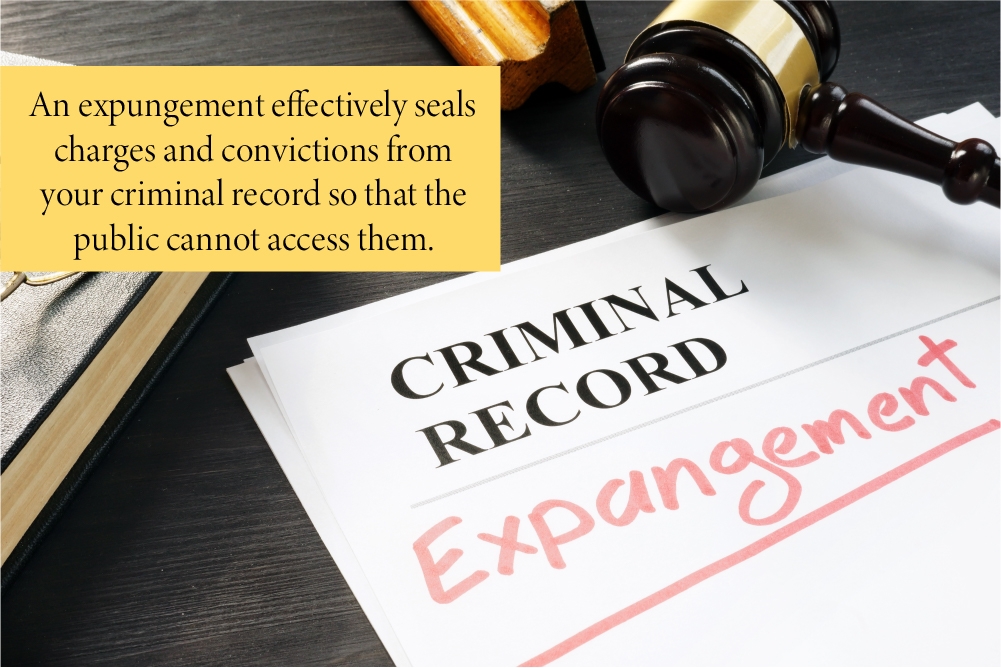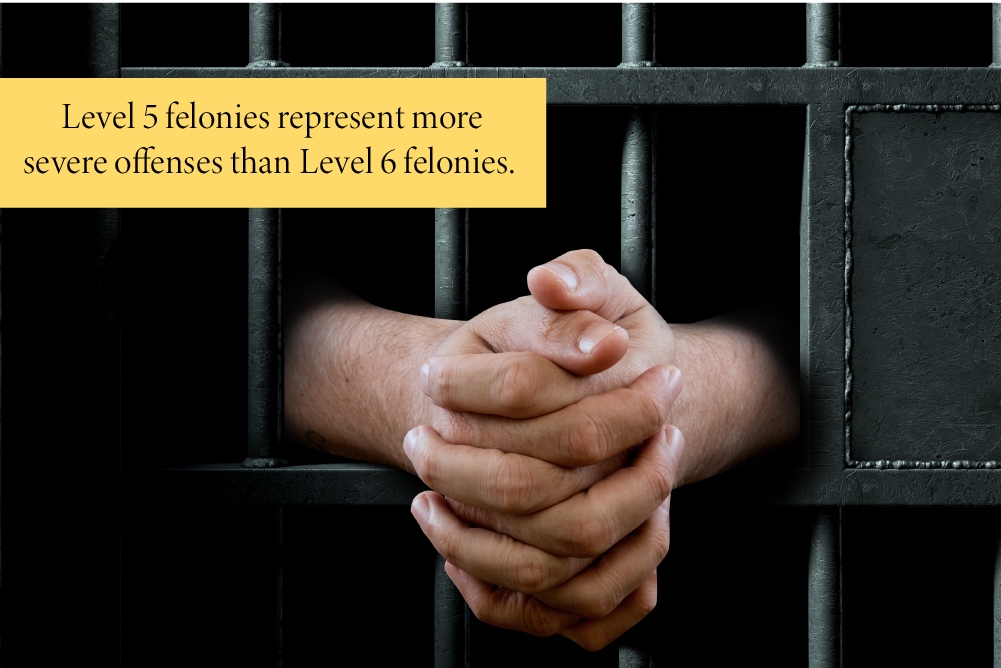The Differences Between Expunging F5 and F6 Felonies in Indiana

Expungement removes your criminal record from public view. This can allow you to escape ongoing societal judgment for a past act. Your entanglement with the criminal justice system will cease to hang over your head every time you need to undergo a background check.
Although the expungement process is very detailed and, in some cases, an uphill battle, a criminal defense lawyer in Indiana could help you overcome the barriers between you and a better life. If you have a Level 5 or Level 6 felony on your record, expungement could very well be possible. The conditions for expungement are different for Level 5 and Level 6 felonies. You would want to talk to a criminal lawyer in Indiana to learn when you can start the process.
What is Expungement?

An expungement effectively seals charges and convictions from your criminal record so that the public cannot access them. Since an expunged criminal charge is treated as not having occurred for most purposes, this allows you to answer “NO” when asked about a felony conviction. However, a sealed criminal record remains accessible to law enforcement should an agency request to see it.
All courts and organizations that may have your file will need to be contacted to seal your records. As a result, the expungement process can encompass multiple court districts, appellate courts, police departments, government agencies, and correctional facilities. Each place with your criminal information in a database requires inclusion in the expungement action to shield your records fully from outside inspection. The support of a criminal defense attorney in Indiana could be crucial for identifying all agencies holding your information.
When successful, expungement can seal records about:
- Arrests
- Filing of criminal charges
- Convictions
- Delinquency adjudications
- Post-conviction proceedings
- Civil forfeitures
Felony Classifications
Due to the long waiting periods that must pass before you pursue expungement, you need to know how felony classifications have changed in the state. If your record was established before June 30, 2014, your case would have been processed as a Class C or Class D felony. After June 30, 2014, a Class C felony became known as a Level 5 felony, and a Class D felony became known as a Level 6 felony.

Expungement of a Level 6 Felony Conviction
If you were convicted of a Level 6 felony, or Class D felony before June 30, 2014, then you can seek expungement upon meeting the following conditions:
- Your date of conviction is at least eight years in the past.
- You have not been convicted of any other crime in the past eight years.
- No criminal charges are pending against you.
- You do not owe any court fees, fines, or restitution.
- You were never convicted of two or more separate felonies involving a deadly weapon.
- You are not a violent offender or sex offender.
If all of the above requirements are met, and the paperwork filed with the Court by your attorney accurately reflects that, then the Court shall grant your expungement. This differs from Level 5 felonies.
Expungement of a Level 5 Felony Conviction
Level 5 felonies represent more severe offenses than Level 6 felonies. The requirements for expungement are stricter and vary depending on whether your conviction was for a violent or non-violent crime, or you were a public official. You should keep in mind that a judge could choose to deny your F5 felony conviction expungement. The possibility of denial increases the importance of working with a criminal defense attorney in Indiana who has experience with expungement.
For non-violent Level 5 felony convictions, you could qualify for expungement if:
- Eight years have passed since your date of conviction, OR three years have passed from the completion of your sentence.
- You have not been convicted of any other crime in the past eight years.
- No criminal charges are pending against you.
- You do not owe any court fees, fines, or restitution.
- You have not been convicted of any new crimes since the conviction.
If all of the above requirements are met, and the paperwork filed with the Court by your attorney accurately reflects that, then the Court may grant your expungement.
For violent Level 5 felony or public official convictions, you could qualify for expungement if:
- Ten years have passed since your date of conviction.
- No criminal charges are pending against you.
- You do not owe any court fees, fines, or restitution.
- You have not been convicted of any new crimes since the conviction.
- Your prosecutor provides written approval for the expungement.
You might avoid the long waiting periods if you can obtain written consent from your prosecutor to proceed with an expungement despite not completing the waiting period. Outreach by a criminal defense lawyer in Indiana might succeed in winning this approval.

Expungement will not be possible for crimes that resulted in death, involved sex offenses, or were committed by someone repeatedly convicted of using a deadly weapon.
Work With an Experienced Expungement Lawyer
The Indiana expungement system is one with rigorous, technical requirements. You have to prepare thorough applications and may need to approach multiple jurisdictions. You also have only 12 months to complete the process. Due to the burdens placed on former criminal defendants, support from a criminal defense lawyer in Indiana is highly recommended so that you do not make any mistakes when approaching a court.
A lawyer at Webster & Garino LLC could work at collecting all pertinent records and managing filings across multiple agencies for expunging F5 and F6 felonies in Indiana. An expungement, especially of a Level 5 felony or above, will require a court hearing where you need to convince the judge of your worthiness for expungement.
For complete support with expungement, call us at 317-565-1818 today.

